Urban Transportation Revolution? Boeing Aims for Flying Cars by 2030
Boeing Flying Cars Project Traffic jams, long commutes, and the desire for a quicker, more efficient way to get from point A to point B. It’s a concept that’s been around for decades, and it’s one that’s had people scratching their heads for decades. That’s where the world’s aerospace giant, Boeing, comes in. Boeing has a bold goal: to have flying cars on the roads by 2030.
Boeing Flying Cars Project: Technology, Benefits, Challenges, and What It Could Mean for the Future of Transportation.
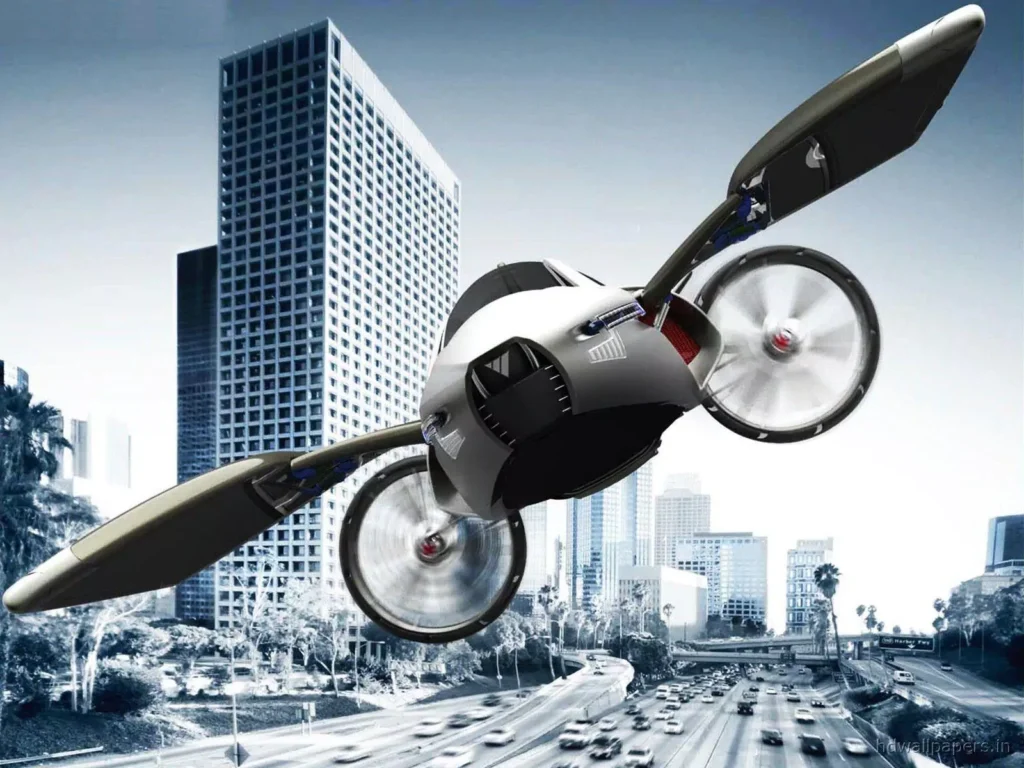
Table of Contents
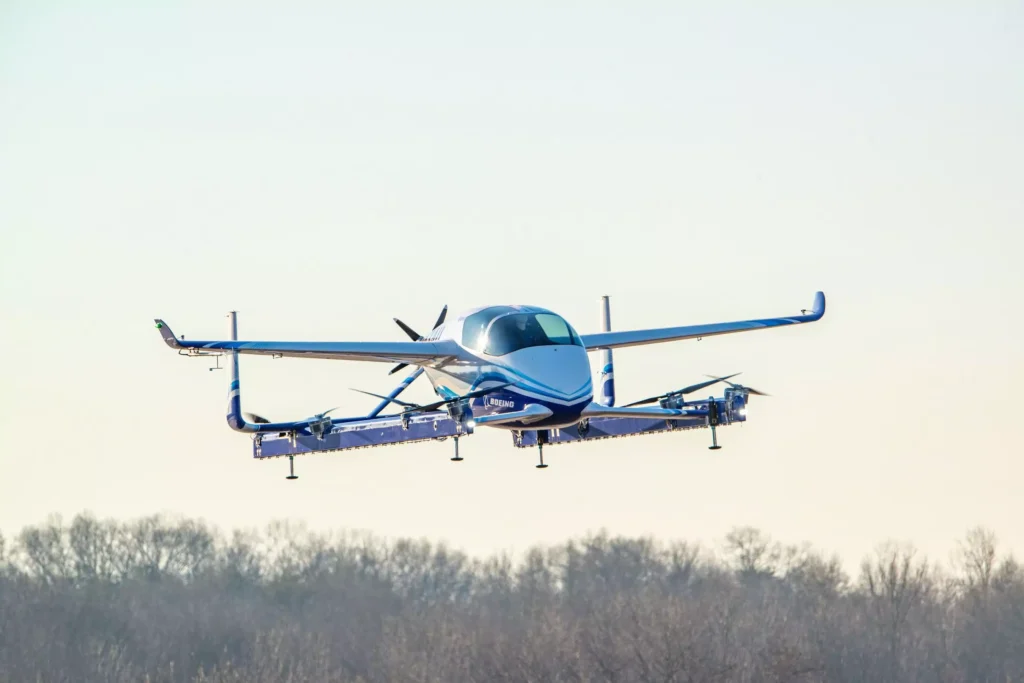
What are Boeing Flying Cars?
Boeing is not interested in building the futuristic flying cars of sci-fi movies. Instead, the company is focused on Electric Vertical Takeoff and Landing, (eVTOL), aircraft. These small, electric-powered vehicles have the potential to transform urban transportation.
Here’s a breakdown of key features:
- Electric Propulsion: Because eVTOLs are eco-friendly, they also address the issue of air pollution in urban areas.
- Vertical Take-Off and Landing (VTOL): With vertical take-off and landing (eVTOLs do not require long runways), they are perfect for urban applications.
- Autonomous Technology: Boeing wants flying taxis to have different levels of autonomy, which could lead to self-flying aircraft in the future.

Wisk Aero: The Power Behind Boeing Flying Cars Ambitions
Boeing is not alone in this venture. In 2022 the company invested in a company called Wisk Aero which is a pioneer in the field of eVTOL. In 2023 Wisk was fully acquired by the company which strengthens the commitment of the company to flying cars.
Wisk’s functional prototypes are already under development, and with the help of Boeing’s knowledge of aerospace engineering, the development and production process is expected to move much faster.
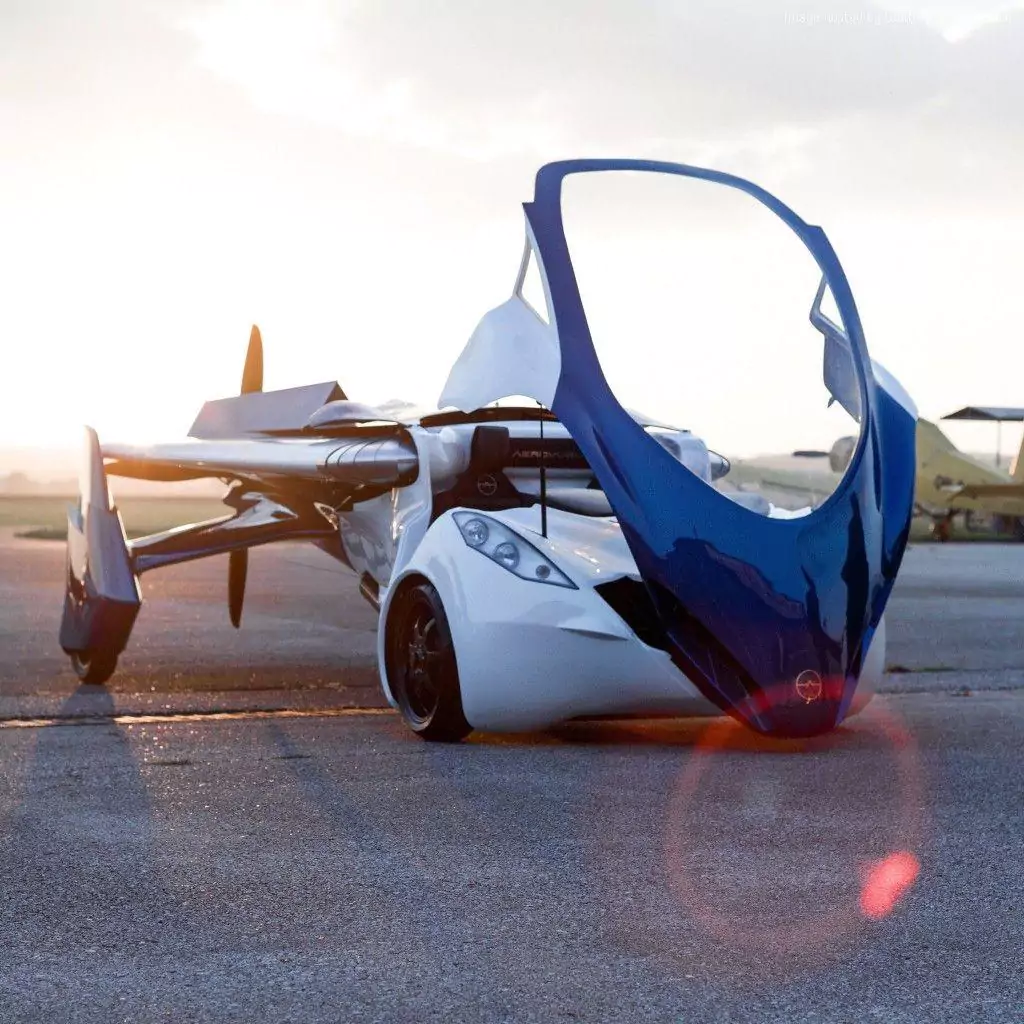
Benefits of Boeing Flying Cars: A Glimpse into a Transformed Future
Boeing flying cars is expected to revolutionize the way we move around cities.
- Reduced Traffic Congestion: Think of it as a way to get around traffic jams. Flying cars could be a real game-changer in congested urban areas.
- Shorter Commutes: Commuting by flying car from A to B could cut commuting time in half, increase efficiency, and enhance overall quality of life.
- Accessibility and On-Demand Transportation: eVTOLs would be able to provide quicker service to remote locations or areas with limited road networks.
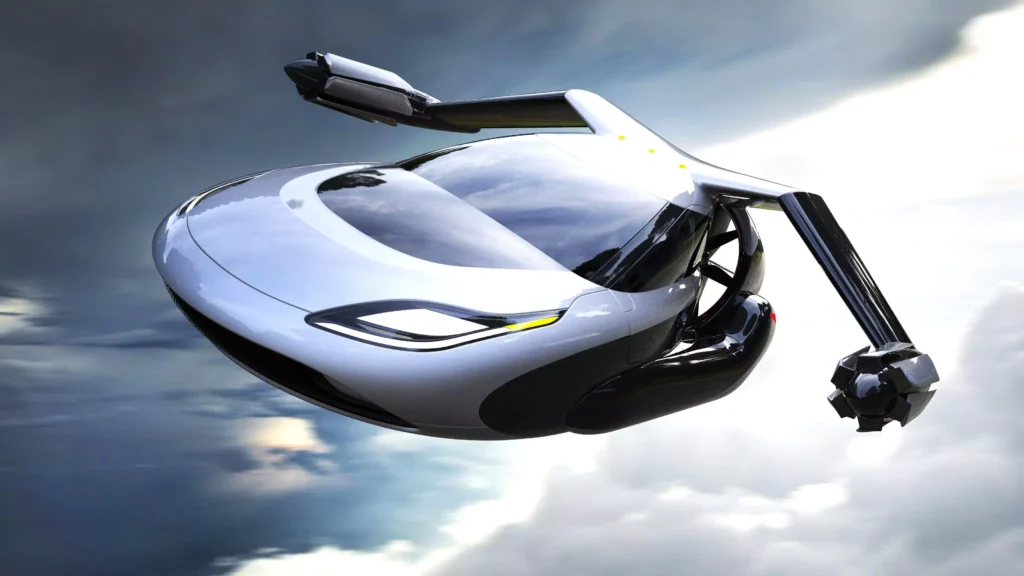
Challenges on the Road (or Rather, in the Sky) to 2030
While it’s exciting to think about flying cars, there are a number of challenges that need to be addressed before 2030.
- Regulation and Safety: Safety is a top priority. Developing detailed rules and air traffic management (ATM) systems for electric VTOLs is essential.
- Urban Infrastructure: eVTOL landing pads and airspace will need to be designed and built into the city’s infrastructure.
- Public Perception and Acceptance: Safety and noise pollution will both be issues that will need to be addressed in order to build public confidence in this new form of transportation.
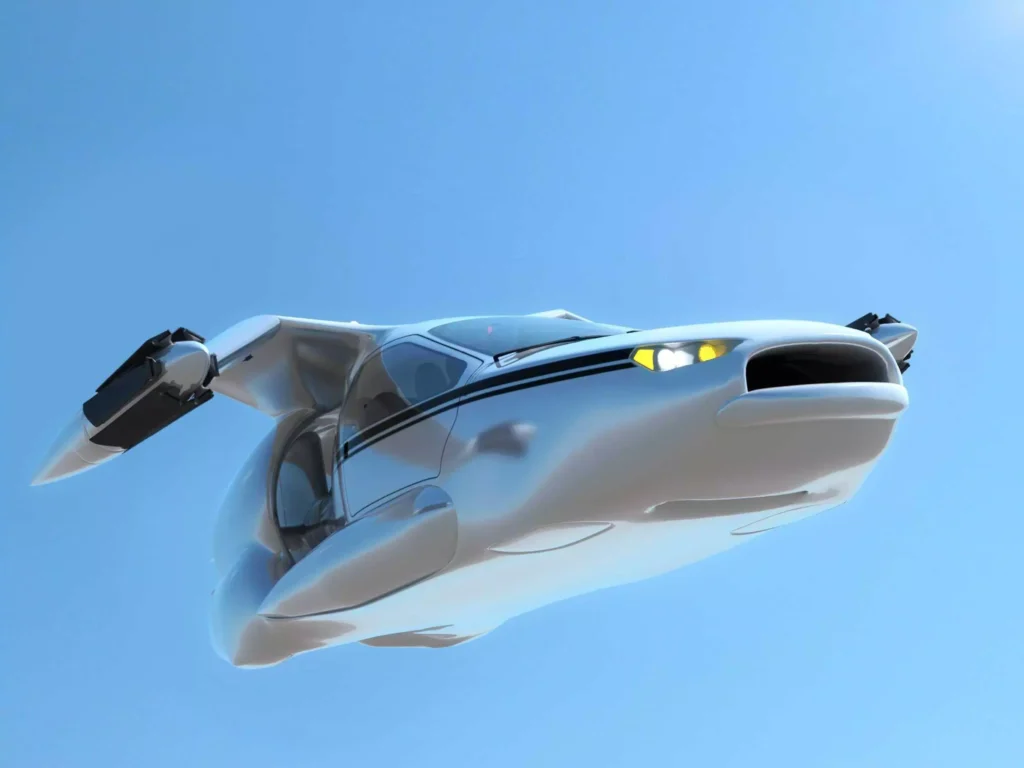
Boeing Flying Cars in 2030: A Realistic Dream?
Boeing flying cars goal for 2030 is ambitious. The timeline will depend on technical progress, regulatory regulations, and public acceptance.
Here are some possibilities:
- Phased Implementation: The first roll-out may be limited to specific routes or freight services before it becomes popular with passengers.
- Focus on Specific Regions: Asia, with its mega-metros and increasing demand for transportation efficiency, could be an early market, as mentioned by Boeing.
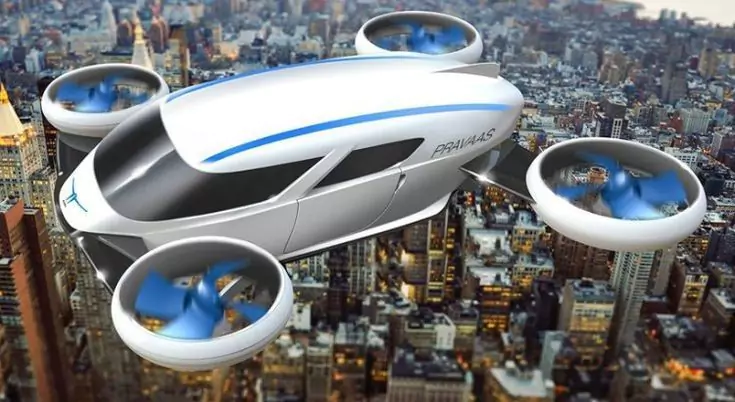
The Future of Transportation: Beyond Boeing Flying Cars
Boeing’s project is a big step forward, but it’s not the only one in the race. Several other companies are working on similar ideas. This competition could spur innovation and eventually lead to cheaper and more accessible flying car options down the road.
Conclusion: Soaring Towards a New Era of Transportation
Boeing’s flying cars project is a step toward a future where urban mobility is transformed. Challenges remain, but the advantages are clear. Whether or not 2030 is the actual date of take-off remains to be seen. But one thing’s for sure: the sky may not always be the limit for transportation.
Also Read:
- AMD Stock Slides After Earnings: A Deep Dive into the Data Center Outlook and Investor Sentiment

- Jeff Goldblum Skips Trust Funds: Raising Self-Made Kids or Risky Move?

- 10 Facts About “The Zone of Interest” – Unveiling the Monstrosity

- Student Loan Changes: PSLF Update, Repayment Restart & More (May 2024)

- Bay FC vs. Portland Thorns FC: Watch the NWSL Match Live (Stream & TV Guide)

Popular Category:
Trending Stories:




